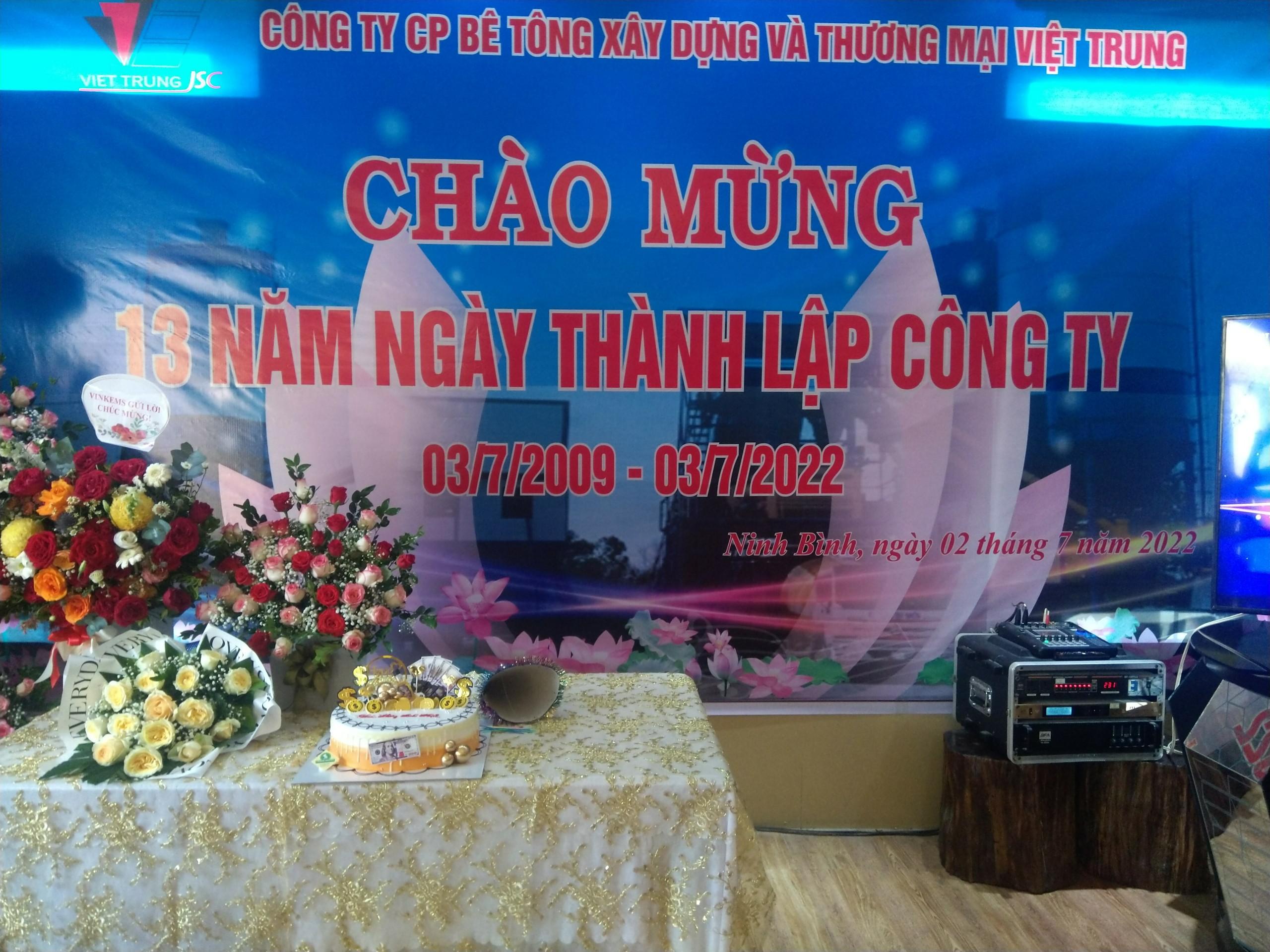From Accra to Across the Nation Real-time Coverage & Expert Insights on breaking news in ghana today
- From Accra to Across the Nation: Real-Time Coverage & Expert Insights on breaking news in ghana today live – Developments & Community Response.
- Recent Political Developments and Policy Shifts
- Debates Surrounding the E-Levy and its Impact
- Economic Trends and Challenges Facing Ghana
- Impact of the Cedi Depreciation on Businesses
- Social Issues and Community Concerns
- Addressing Unemployment and Youth Empowerment
- Regional Highlights and Specific Local Developments
From Accra to Across the Nation: Real-Time Coverage & Expert Insights on breaking news in ghana today live – Developments & Community Response.
The phrase ‘breaking news in ghana today live’ often signals an urgent need for information, connecting individuals to unfolding events in real-time. In a rapidly changing world, staying informed about current affairs is paramount, especially in a vibrant and dynamic nation like Ghana. This article aims to provide a comprehensive overview of recent developments, offering insights and analysis to help you understand the key happenings across the country.
Ghana’s news landscape is diverse, reflecting the country’s rich culture and evolving political scene. From economic updates and political discourse to social issues and community events, staying abreast of the latest information is crucial for active citizenship and informed decision-making. This report will delve into the core stories dominating headlines, offering a balanced perspective and fostering a deeper understanding of the issues shaping Ghana today.
Recent Political Developments and Policy Shifts
The Ghanaian political landscape has been particularly active recently, with ongoing debates surrounding new policy initiatives and upcoming elections. Discussions surrounding electoral reform have become increasingly prominent, with calls for greater transparency and inclusivity. Key figures within the major political parties have been outlining their platforms, appealing to voters with promises of economic growth and social progress.
A significant policy shift involves proposed changes to the national healthcare system, aimed at improving access and affordability. This has sparked mixed reactions, with proponents highlighting the potential for wider coverage, while critics express concerns about funding and implementation challenges. These evolving political maneuvers are closely monitored by both citizens and international observers.
To illustrate the current party standings in parliament, here is a breakdown of seat distribution, as of November 26, 2023:
| New Patriotic Party (NPP) | 137 | 52.9% |
| National Democratic Congress (NDC) | 136 | 52.3% |
| Independent | 1 | 0.4% |
| Other Parties | 0 | 0% |
Debates Surrounding the E-Levy and its Impact
The implementation of the Electronic Transaction Levy (E-Levy) continues to be a topic of contention. Initially introduced to boost government revenue, the levy has faced resistance from various segments of the population, citing concerns about its impact on digital financial inclusion. Recent economic indicators suggest that the E-Levy has not yielded the expected revenue, prompting calls for a review or possible repeal.
Financial analysts are divided on the long-term effects of the E-Levy. Some argue that it disincentivizes digital transactions, hindering economic growth, while others maintain that it’s a necessary measure to address the country’s fiscal challenges. The debate highlights the complexities of balancing revenue generation with concerns about economic accessibility.
The following are the key arguments both for and against the E-Levy:
- For: Revenue generation for public projects, reduction in reliance on traditional tax sources.
- Against: Burden on low-income earners, discouragement of digital financial adoption, potential for economic slowdown.
Economic Trends and Challenges Facing Ghana
Ghana’s economy has been facing numerous headwinds in recent months, including rising inflation, a depreciating currency, and increasing debt levels. These challenges have been further exacerbated by global economic factors, such as the Russia-Ukraine conflict, and global supply chain disruptions. The Bank of Ghana has been actively implementing monetary policy measures to curb inflation and stabilize the cedi, with mixed results so far.
The country’s reliance on commodities, particularly cocoa and gold, makes it vulnerable to fluctuations in global commodity prices. Diversification of the economy remains a critical long-term objective, but achieving this requires substantial investment in new sectors and infrastructure. Government is actively seeking foreign investment to ease the situation and improve the economic outlook.
Below outlines a quick look at the inflation rate changes within the past year:
| November 2022 | 35.2% |
| December 2022 | 36.7% |
| January 2023 | 35.3% |
| February 2023 | 31.9% |
| March 2023 | 30.9% |
Impact of the Cedi Depreciation on Businesses
The consistent depreciation of the Ghanaian Cedi against major currencies has had a significant impact on businesses, particularly those involved in import-export trade. Increased import costs have led to higher prices for consumers, further fueling inflationary pressures. Businesses are struggling to cope with exchange rate volatility, impacting their profitability and competitiveness.
Small and medium-sized enterprises (SMEs) are particularly vulnerable to the effects of cedi depreciation, as they often lack the financial resources to hedge against currency risk. Government interventions, such as providing access to foreign exchange auctions, have offered limited relief. Sustainable solutions require addressing the underlying macroeconomic imbalances driving the cedi’s decline.
Here are the steps businesses are taking to combat the Cedi depreciation:
- Hedging Strategies: Utilizing financial instruments to mitigate exchange rate risk.
- Import Substitution: Focusing on locally sourced materials to reduce reliance on imports.
- Price Adjustments: Regularly reviewing and adjusting prices to reflect currency fluctuations.
- Seeking Financing: Accessing loans and credit facilities to manage short-term cash flow challenges.
Social Issues and Community Concerns
Beyond economics and politics, significant social challenges are affecting communities across Ghana. Access to quality education, healthcare, and sanitation remain pressing concerns, particularly in rural areas. Issues such as unemployment, particularly among youth, contribute to social unrest and migration. Government initiatives and non-governmental organizations are working to address these challenges, but much more needs to be done.
Environmental degradation, including deforestation and pollution, also poses a significant threat to sustainable development. Community-led conservation efforts are gaining momentum, driven by a growing awareness of the importance of preserving Ghana’s natural resources. Promoting sustainable practices and enforcing environmental regulations are crucial for protecting the country’s ecological heritage.
Addressing Unemployment and Youth Empowerment
Youth unemployment remains a critical challenge in Ghana, contributing to social instability and limiting economic potential. Skills development programs, entrepreneurship initiatives, and access to finance are essential for empowering young people to secure meaningful employment or start their own businesses. Increased investment in vocational training and technical education can equip youth with the skills demanded by the modern job market.
Government programs such as the “Youth Employment Agency” aim to provide job opportunities for young people, but their effectiveness has been limited by funding constraints and implementation challenges. Greater collaboration between public and private sectors is needed to create more sustainable employment opportunities and foster a thriving entrepreneurial ecosystem.
The age distribution and unemployment rate illustrates this point:
- 15-24 Age Group: 20% of the population experiencing unemployment.
- 25-34 Age Group: 15% claiming unemployment benefits.
- 35-44 Age Group: 8%, mostly self-employed.
Regional Highlights and Specific Local Developments
While national headlines capture much attention, various regions across Ghana are experiencing unique developments worthy of note. The Northern region is facing challenges related to climate change, impacting agricultural yields and food security. The Ashanti region is witnessing a boom in the tourism sector, fueled by historical sites and cultural attractions. The Western region remains a hub for the mining industry, presenting both economic opportunities and environmental concerns.
It’s imperative to adequately address infrastructural deficiencies. Improved road networks, access to clean water, and reliable electricity are crucial for stimulating economic growth and improving the quality of life in these regions. Decentralization of power and increased local participation in decision-making processes are also essential for ensuring equitable development and sustainable outcomes.
Ongoing developments and key stories consistently shape the social and financial trajectory of the country. Understanding the complex interplay of these factors is vital for navigating the present and building a more prosperous future for all Ghanaians. Continued vigilance, critical analysis, and active engagement remain essential as the nation addresses its challenges and embraces its opportunities.

